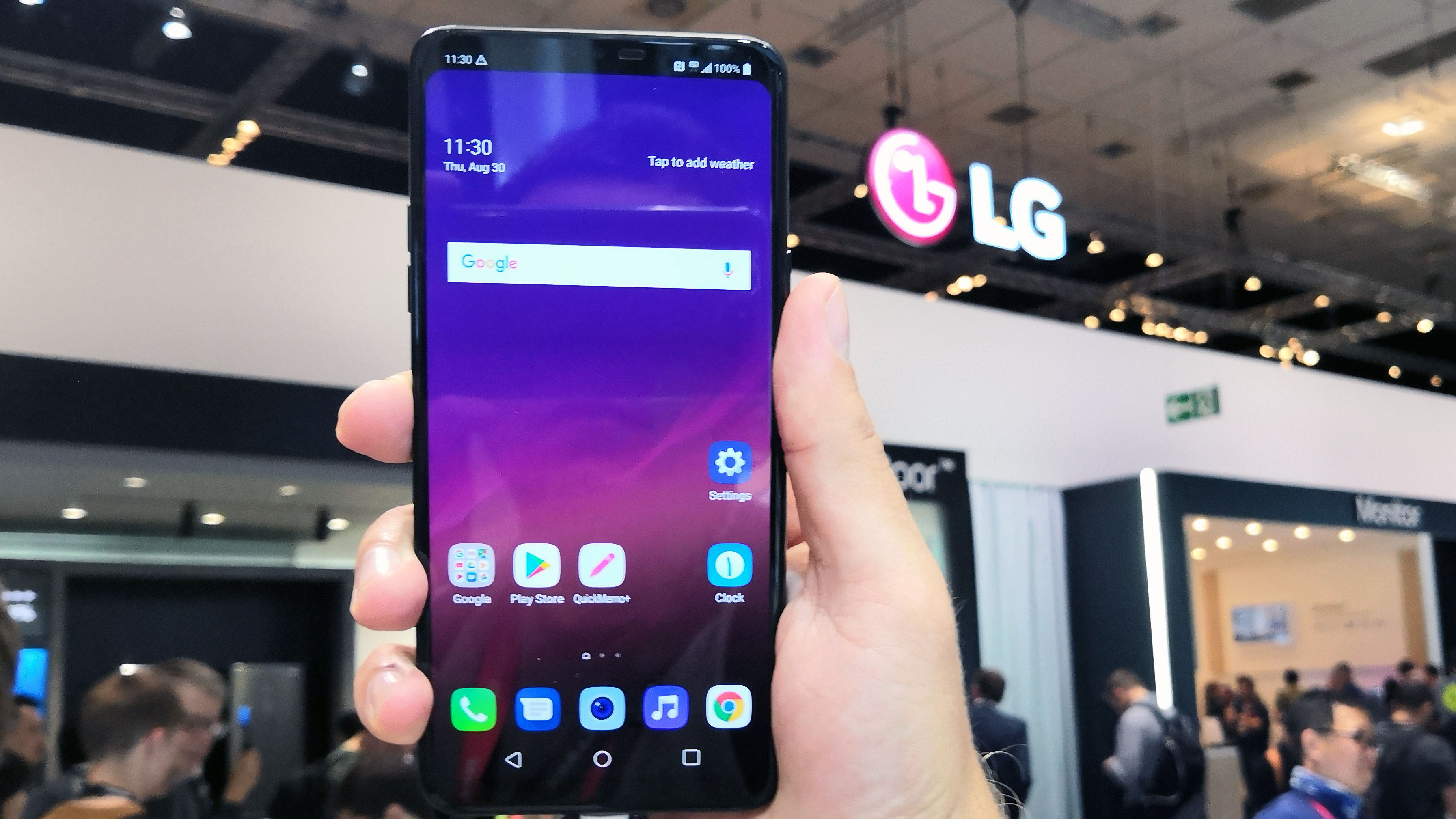LG hints at new bendy tech with 'Flex' and 'Foldi' trademarks
Is LG following in Samsung's folding footsteps?

Sign up for breaking news, reviews, opinion, top tech deals, and more.
You are now subscribed
Your newsletter sign-up was successful
Folding phones have been on our future tech wishlists for some time now and after talking about the possibilities of a bending smartphone for years, details about Samsung's first foldable phone were revealed at the recent Samsung Developer Conference.
But Samsung isn't the only smartphone manufacturer rumored to be working on bendy phone tech. Hwang Jeong-hwan, the CEO of LG Mobile, confirmed that the company has been working on a foldable phone earlier in 2018 and it looks like those claims might be coming to fruition.
First spotted by Lets Go Digital, LG applied for three trademarks on November 21, 2018 with the EUIPO (European Union Intellectual Property Office) for the names Flex, Foldi and Duplex and has listed the goods it might use the names for as Smartphones.
Folding futures
It's possible that none of these names will be used or even that the tech is being developed into a folding screen that might go on to be featured in another product category.
However, all signs do point to a folding phone at this stage and these names might add up with past trademark claims too. For example, Lets Go Digital suggests that the Duplex name could be in reference to another LG trademark, which proposed a smartphone with two different, flexible screens.
But there's bad news if you liked the sound of the LG Flex. Reports have suggested that the new Samsung foldable phone is being referred to as the Galaxy Flex internally, a name that might also be used to market the product. Sorry LG, Samsung might have got there first on this one.
Main photo: The LG G7 Fit.
Sign up for breaking news, reviews, opinion, top tech deals, and more.

Becca is a contributor to TechRadar, a freelance journalist and author. She’s been writing about consumer tech and popular science for more than ten years, covering all kinds of topics, including why robots have eyes and whether we’ll experience the overview effect one day. She’s particularly interested in VR/AR, wearables, digital health, space tech and chatting to experts and academics about the future. She’s contributed to TechRadar, T3, Wired, New Scientist, The Guardian, Inverse and many more. Her first book, Screen Time, came out in January 2021 with Bonnier Books. She loves science-fiction, brutalist architecture, and spending too much time floating through space in virtual reality.